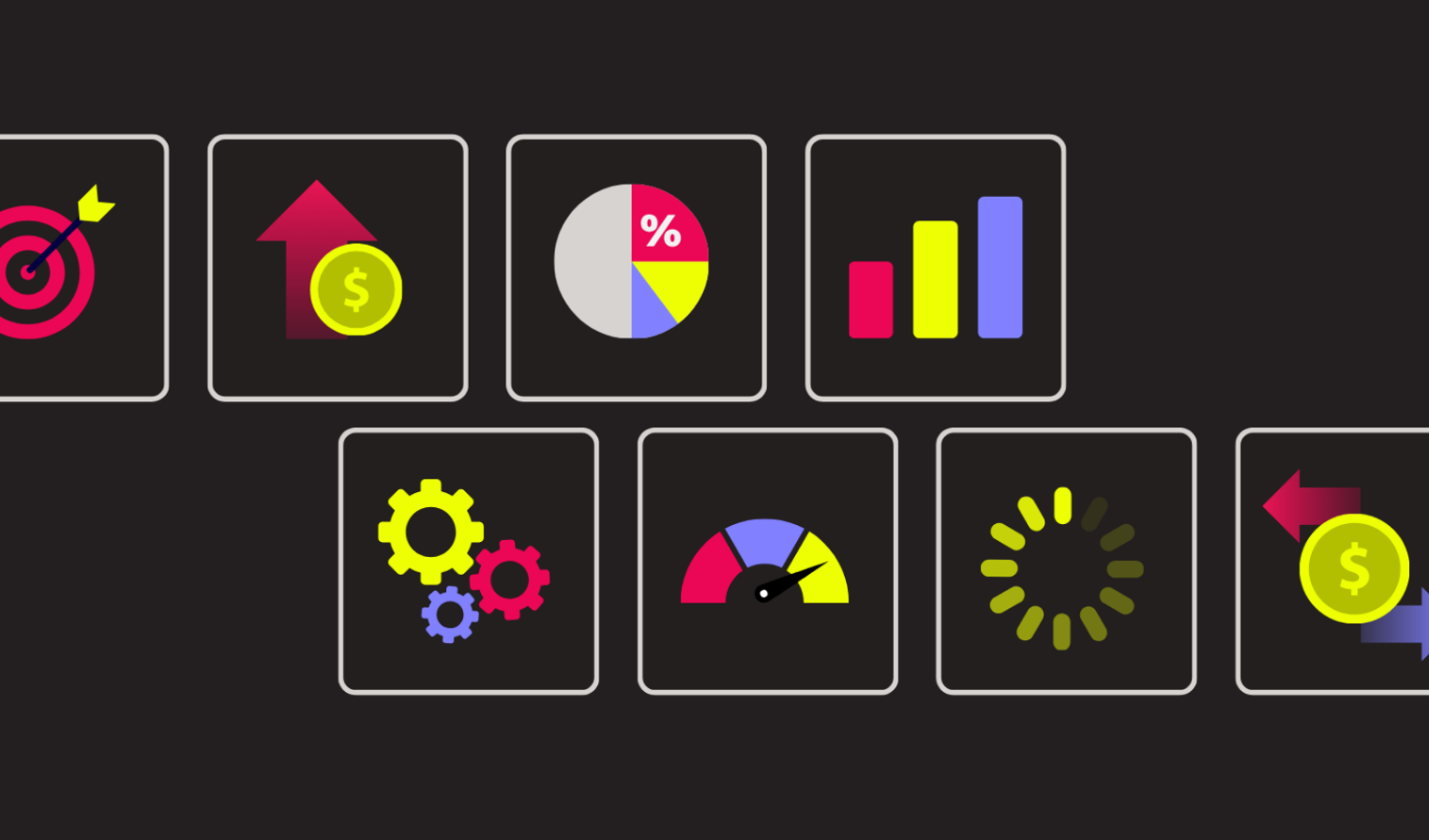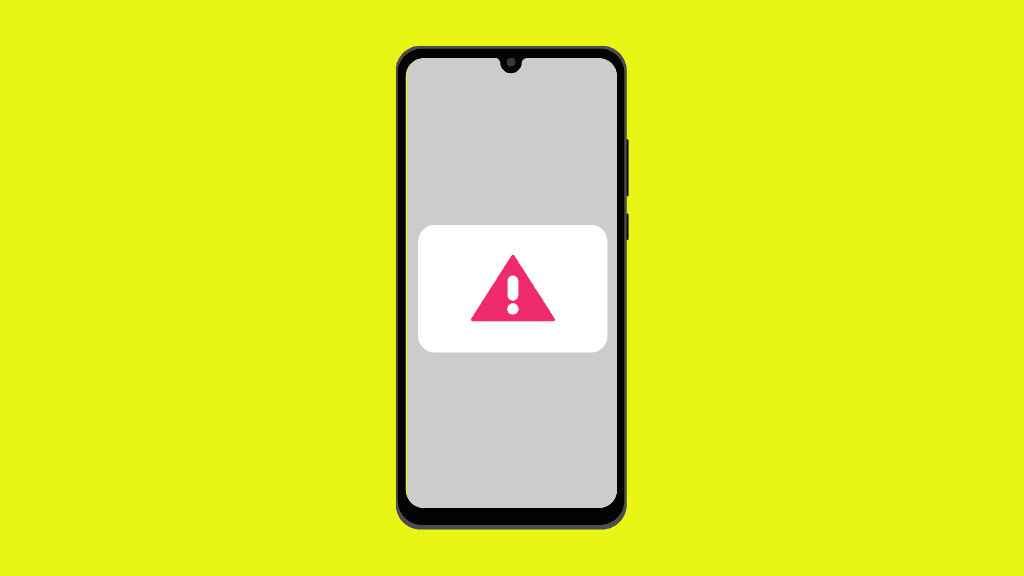
For mobile games, ads are an important source — and can often be the only source — of revenue.
Unfortunately, ads are also a major source of frustration for players and can trigger the kinds of issues that churn users and burn countless engineering hours.
Ad SDKs, the software that powers advertisements in mobile games, can wreak havoc on the player experience in a number of ways. However, one of the most common ways is when the ad SDK becomes overloaded with excessive content, processes, or functions.
What is an overloaded ad SDK?
An ad SDK is a piece of software engineers plug into their games in order to display content from advertisers.
When an ad SDK is triggered, it presents a window through which the advertisement is shown.
If an advertiser builds a particularly complicated or data-heavy advertisement, the ad SDK may fail to handle the ad appropriately and an issue will often occur.
These issues can be relatively small, such as a minor freeze, or they can result in more catastrophic errors like ANRs or crashes.
Why are overloaded ad SDKs difficult to detect?
Overloaded ad SDKs can be difficult to detect as the root cause of an issue without the proper tooling. Free tools, or those not specifically designed for mobile, frequently struggle with pinpointing overloaded ad SDKs due to:
- Limited visibility: While high-level health and stability scores are great, they do little to show you the inner workings of your game and what parts might be contributing to a negative player experience.
- Sampling limitations: Most mobile engineering tools sample data — or only capture a representative sample of sessions. Without the ability to capture every session, issues like overloaded ad SDKs can be overlooked or underreported.
- Complex interactions: Ad SDKs can touch a number of parts of your game, and without the ability to recreate entire user experiences, it can be difficult to connect the dots.
- Absence of comparative data: For comparative data to be helpful, it must go beyond just testing the game with and without the ad SDK. It requires being able to see how issues affect players across devices, regions, and operating systems. Without this kind of comparative data, it can be difficult to identify and scope the issue.
Other ways ad SDKs hurt the mobile game experience
Overloading an ad SDK is just one source of ad-related poor player experiences.
Of all the ways ad SDKs cause mischief within mobile games, other common ways include: reward exchange attribution breakdowns, bloated startup times, failed ad requests, and broken ad mediations.
To provide more insight into ad SDKs and how they hurt the mobile gaming experience, we worked with our team of in-house engineers to write our latest eBook.
Leveraging the unparalleled insights provided by Embrace, we take a closer look at the five most common issues caused by ad SDKs and the downstream impacts they have on player retention and lifetime value (LTV).
Learn more and read the eBook here.



